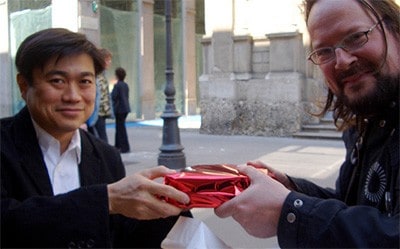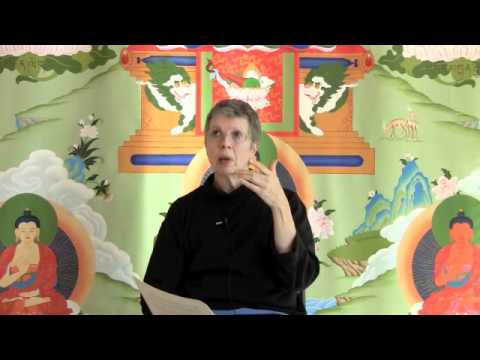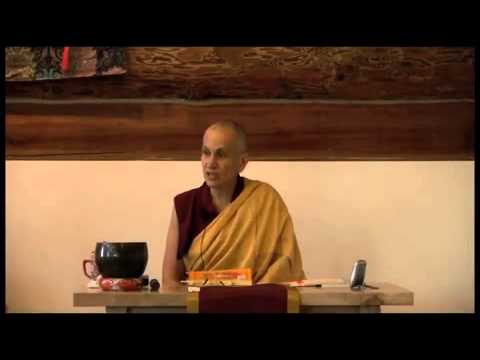Generosity

It’s the Christmas season. It’s the birthday month. It’s that special person’s celebration. It’s a regular day and our neighbor has dropped by again for coffee, for lunch, for a bowl, for a book, a loan. Should we be generous? If so, how do we live with open arms and not worry about our bank accounts draining dry? Sidestepping the excuses we use to justify habitual stinginess, the question remains: How do we give?
Most cultural and social standards agree that generosity stands as a higher character trait much admired in our heroes, heroines, role models and historical icons. Christ taught open-handed generosity. Buddhist masters such as Padmasambhava specifically cautioned, “You must change your attitude of self-centeredness since this is the source of all your problems and suffering.” Buddha emphatically stated, “If you knew what I knew about the power of giving, you would not let even a single meal pass without sharing it in some way.” According to Sri Swami Satchidananda, “The giver should not think of the act of giving as helping the recipient, but rather that the recipient is giving the giver an opportunity to give.”
Learning how to empower our generous heart requires a re-training of our learned practices of social interaction. For instance, in our Western culture, we are taught from the cradle how to survive using a selfish, “me-first” approach. This strong sense of self to the exclusion of others is drilled into us early in our education as we play to win one competitive game after another, pausing to share winnings with our close friends, but excluding all others. Nevertheless, this type of sharing still furthers the self-centered, “me-first” lifestyle since the concept of “me” also includes “my close family and friends.” Thus, in truly adopting a workable generous heart, we must expand past our own habitually social, cultural, and philosophical environments and be willing to give across boundaries.
When we affirmatively strive to be more generous, we often unfold our tight hearts and hands in stages, each of which engenders ever-increasing joy:
- Tentatively giving: We freely give away what we think we don’t need or are not going to use.
- Freely giving: We freely give as if to a sibling, openly sharing our time, energy, and possessions.
- Queenly / kingly giving: We freely give the best we have, whether time, energy or object. Generosity covers not only material gifts, but also generosity in thoughts, actions, time, knowledge, gratitude and forgiveness. Some recommend making a habit of becoming the “7 offerings”:
- Offering service: to offer service by one’s labor
- Offering love: to offer a compassionate heart to others
- Offering a glance: to offer a warm glance to bring other tranquility
- Offering a smile: to offer a smiling countenance
- Verbal offering: to offer warm words
- Offering a seat: to offer one’s seat or position
- Offering safe shelter: to let others spend the night in one’s home
Once, there was a very rich man who wished to obtain favor in the eyes of the holy beings or at least obtain a favorable rebirth in heaven or the pure land. He spent much of the latter part of his life building bigger and more beautiful temples and churches to gain favor with all the holy beings. He donated astronomical sums to charities and various religious causes. At the end of his life he went to visit a revered monk and said, “Surely, with all I have done in this life, I will be blessed and achieve the ultimate state upon my death.”
The monk replied: “Sorry, no.”
“What? I have done all to achieve this! How is it that I will not be assured a place beside God, Buddha, Jesus and all the saints upon my death?” the merchant exclaimed.
“The only true gifts freely spring from a heart awakened with love and compassion. No true gift has strings attached or expectations attached. Yours gained you no merit at all.”
No matter how large the offer, when we create a separation in our minds and hearts between the giver, gift and grantee, the “gift” cannot truly be called a gift. In caring for others we must ensure the care of ourselves by being balanced in our gifts. Appropriate generosity means giving to the right person, the right thing, at the right time and in the right manner. Open-hearted discernment remains the key as we continue on in this practice.
As both a beginning and conclusion, the motto of my fellow Texans and Austinites rings true: “Onward through the fog!”


